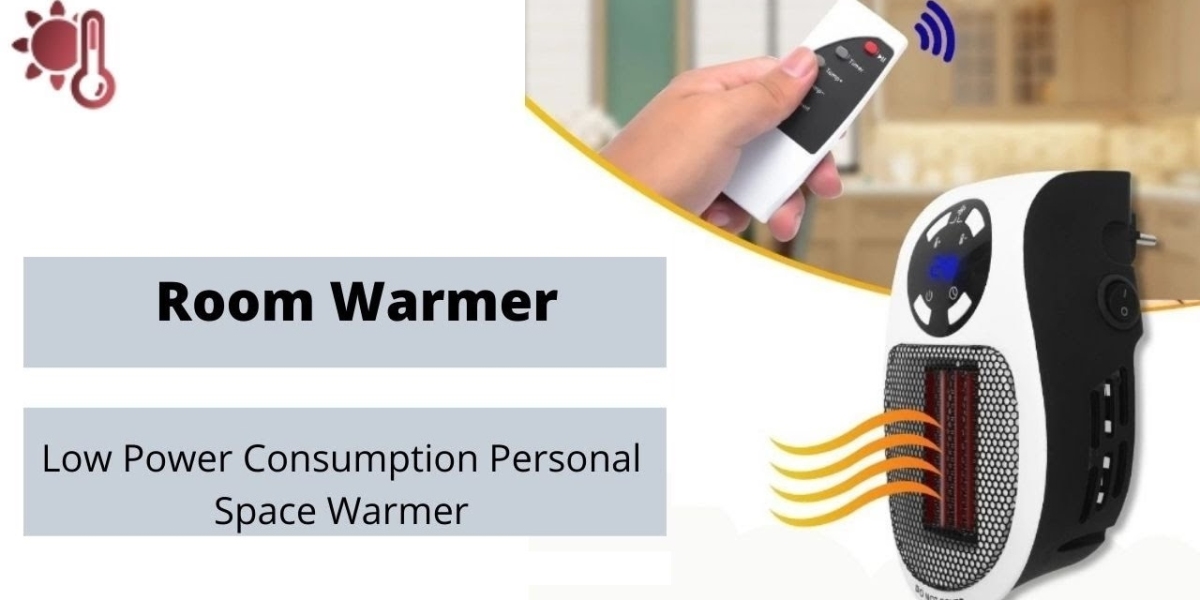Building a strong professional network is a crucial step for international students studying in the USA. It opens doors to internships, job opportunities, mentorships, and industry insights while also helping students acclimate to the professional culture of the country. Here’s a comprehensive guide on how international students can create and expand their professional networks effectively.
1. Understand the Importance of Networking
Networking in the USA goes beyond making acquaintances; it’s about forming meaningful relationships with professionals in your field. These connections can provide:
- Job referrals
- Industry knowledge
- Mentorship and career guidance
Understanding this importance can motivate you to approach networking with purpose.
2. Start with Campus Resources
Universities offer a variety of resources tailored for networking:
- Career Services: Attend career fairs, resume workshops, and networking events hosted by your institution.
- Clubs and Organizations: Join student associations, particularly those related to your field of study.
- Faculty and Advisors: Professors and academic advisors often have industry connections and can offer introductions.
- Alumni Networks: Universities often have alumni associations that can help students connect with graduates working in their field.
3. Leverage Online Platforms
The digital age makes networking more accessible:
- LinkedIn: Create a professional profile and connect with alumni, classmates, and professionals in your field.
- Handshake: Many universities use this platform for students to connect with employers and apply for internships.
- Professional Groups: Join industry-specific forums, groups, and communities on platforms like LinkedIn or Reddit.
Regularly engage with posts, share updates, and comment meaningfully to maintain an active online presence.
4. Attend Networking Events and Conferences
Participating in events tailored to your industry can be invaluable:
- Professional Conferences: These events are excellent for meeting industry leaders and learning about the latest trends.
- Job Fairs: Local or campus job fairs provide direct access to potential employers.
- Meetups and Workshops: Websites like Meetup.com often feature professional groups and events in various cities.
Prepare an elevator pitch about your background, goals, and interests to introduce yourself effectively.
5. Volunteer or Intern
Volunteering or interning can help you build connections while gaining hands-on experience:
- On-Campus Jobs: Working on campus introduces you to faculty and staff.
- Nonprofits: Volunteering for community organizations can help you meet people outside academia.
- Internships: Paid or unpaid, internships offer a direct pathway to industry connections and potential full-time roles.
6. Network Informally
Not all networking happens at formal events. Use informal settings:
- Social Gatherings: Attend events organized by cultural or professional groups.
- Class Discussions: Engage with classmates and group project members.
- Community Events: Participate in local festivals, clubs, or workshops to meet professionals from various fields.
7. Seek Mentors
Finding a mentor can greatly enhance your networking efforts. Professors, alumni, or industry professionals can offer guidance on career paths, skill development, and connecting with the right people.
8. Follow Up and Maintain Connections
Networking doesn’t end after an event or meeting. To maintain connections:
- Send Thank-You Notes: After meeting someone, send a personalized thank-you email.
- Stay in Touch: Share updates about your career progress and comment on their achievements.
- Provide Value: Networking is a two-way street; offer assistance or share resources when you can.
9. Understand Cultural Nuances
The USA has a distinct professional culture. Be mindful of:
- Politeness and Professionalism: Approach people respectfully and express gratitude for their time.
- Clarity: Clearly state your intentions and career aspirations.
- Punctuality: Be on time for meetings and appointments.
Conclusion
Building a professional network as an international student in the USA takes effort, but the benefits are significant. By leveraging campus resources, attending events, using online platforms, and maintaining meaningful connections, you can create a robust network that supports your career aspirations. Approach networking with confidence, a willingness to learn, and a mindset to contribute, and you’ll find doors opening to opportunities across industries.








